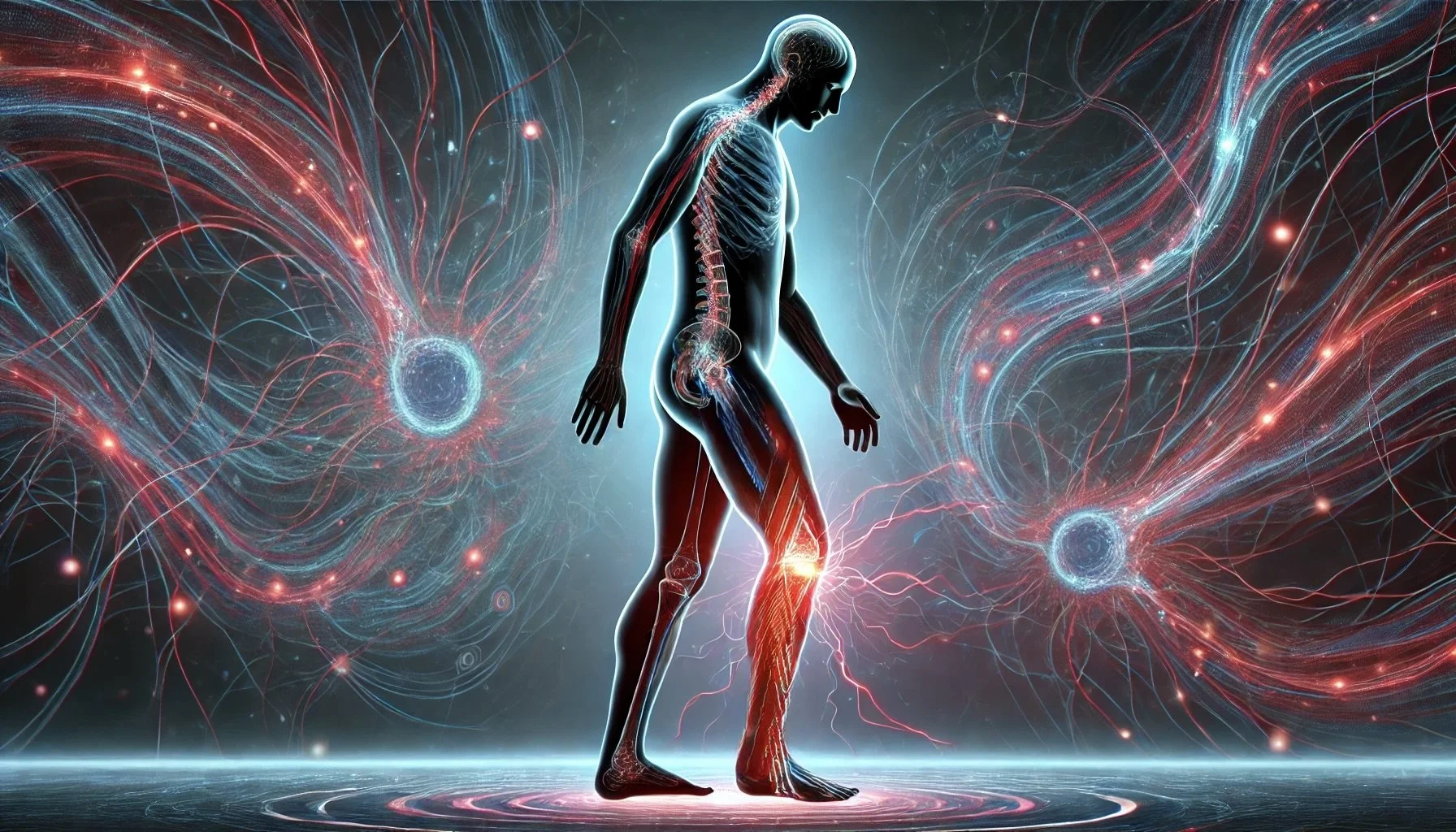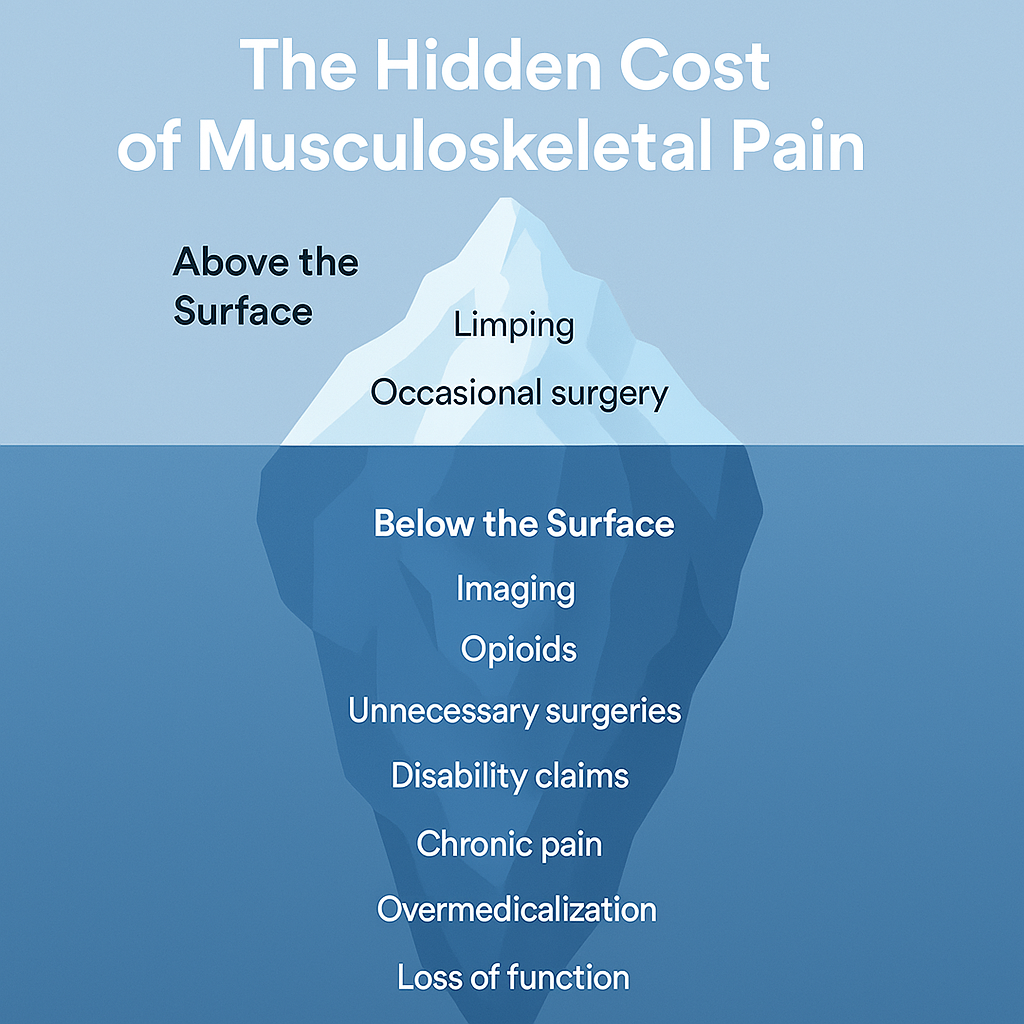⚖️ The Invisible Hierarchy: Why PT and Nursing Still Aren’t Considered “Professional Degrees” — and Why That Needs to Change
Physical therapists and nurses are trusted with lives, autonomy, and complex clinical decision-making—yet remain excluded from the “professional degree” classification in U.S. education policy. This invisible hierarchy shapes pay, policy, prestige, and power in ways most clinicians never see but feel every day. This reflection explores how outdated definitions quietly reinforce inequity in healthcare—and why redefining professional status isn’t about ego, but about agency, respect, and the future of care.
Physical therapists and nurses are trusted with lives, autonomy, and complex clinical decision-making—yet remain excluded from the “professional degree” classification in U.S. education policy. This invisible hierarchy shapes pay, policy, prestige, and power in ways most clinicians never see but feel every day. This reflection explores how outdated definitions quietly reinforce inequity in healthcare—and why redefining professional status isn’t about ego, but about agency, respect, and the future of care.
🔄 The Pain Paradox: When Healing Hurts (and When Pain Is Actually Helpful)
We’re taught to fear pain. But what if some pain is actually helpful? From post-workout soreness to emotional breakthroughs, pain can be a sign of growth, not damage. When we learn to distinguish protective pain from productive pain, healing begins to make more sense — and feel less scary.
We’re taught to fear pain. But what if pain isn’t always a problem?
Healing often hurts — and not because something’s wrong, but because something is changing.
Like sore muscles after exercise or emotional discomfort in therapy, pain can be a sign of growth, not damage.
In Regenerative Pain Theory, pain is a form of intelligence — your body adapting, updating, responding.
It doesn’t always mean stop. Sometimes, it means keep going, wisely.
Pain isn’t always protective. Sometimes, it’s productive.
The trick is learning to ask: Is this pain harming me — or helping me heal?
Pain that leads somewhere isn’t suffering. It’s signal.
💥 The Invisible Giant: Why Musculoskeletal Pain Is Breaking the System (and We Don’t Even See It)
Musculoskeletal pain is everywhere — but no one’s talking about it. Despite massive spending, outcomes are poor. It’s time to make this invisible crisis visible.
We hear about cancer, diabetes, and heart disease all the time. But what about the pain millions live with every day — in their backs, shoulders, knees, and necks? Musculoskeletal (MSK) pain is the silent epidemic of American healthcare. It affects more people than heart disease and costs us more than cancer. Yet it remains largely invisible.
Why? Because MSK pain doesn’t make headlines. It hides behind vague diagnoses, fragmented treatments, and a system that rewards procedures over prevention. Most people don’t realize how much money we’re spending — or how poor the outcomes are.
Despite hundreds of billions spent each year, MSK care too often leads to chronic pain, unnecessary surgeries, and long-term disability. Not because people are broken — but because the system is.
It’s time we saw MSK pain for what it is: not just an orthopedic issue, but a public health crisis. And it demands a smarter, more human response.

